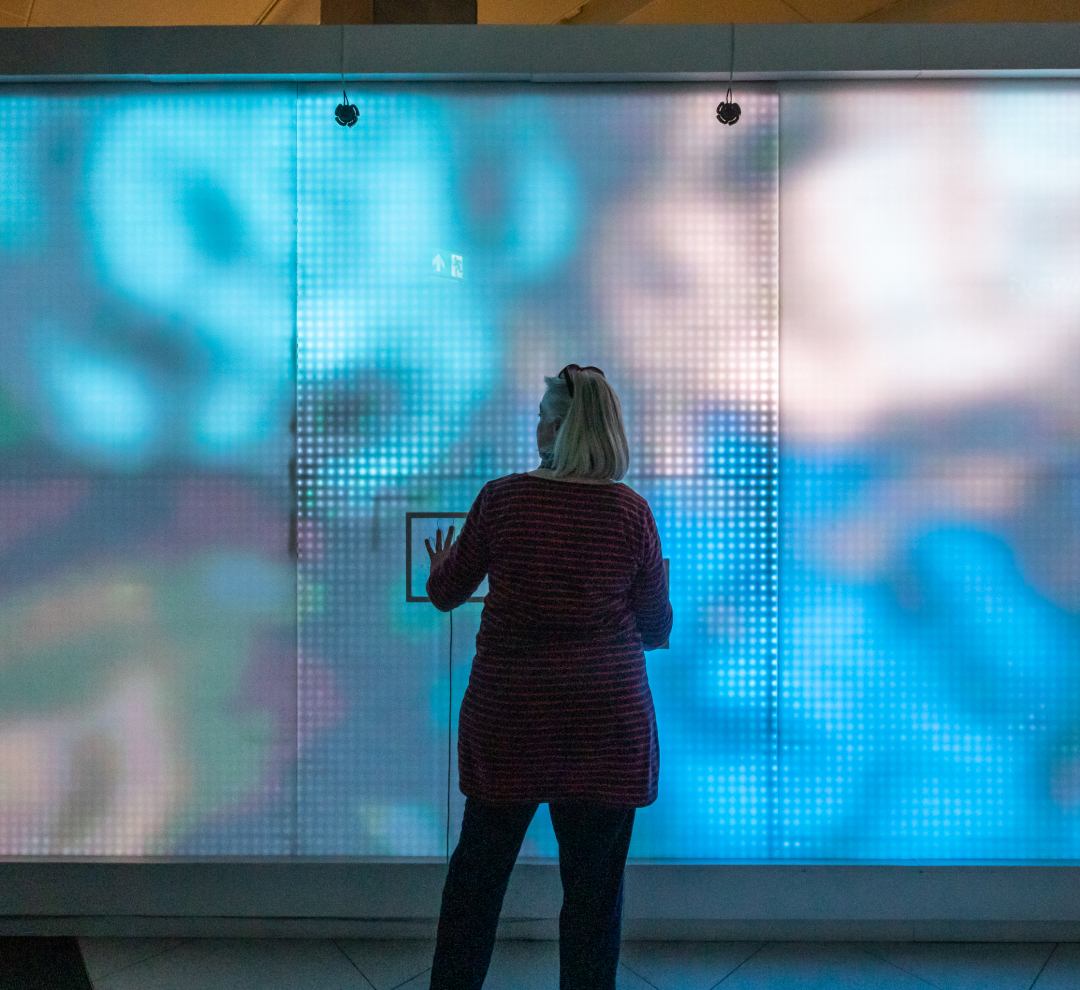2020
Coming To Your Senses
Learning through exploration is assumed to be a powerful way of introducing children to computer science concepts. However, it is uncertain how exploring physical computing toolkits can promote movement between conceptual knowledge and abstract reflection, and lead to critical thinking about technology. Lechelt, S., Rogers, Y. and Marquardt, N., 2020, June. Coming to your senses: promoting critical thinking about sensors through playful interaction in classrooms. In Proceedings of the interaction design and children conference (pp. 11-22). https://doi.org./10.1145/3392063.3394401
2020
Creative Informatics Ethics Statement
The Creative Informatics Ethics Statement was created to capture the programme’s position on the values and priorities for its work, and formed part of our work to encourage best practices and thoughtful reflection on work with data and new technologies in the creative industries. Osborne, N., Schafer, B. and Terras, M. (2020). Creative Informatics Ethics Statement (1.3). https://doi.org./10.5281/zenodo.3610104
2020
The Challenges and Prospects of the Intersection of Humanities and Data Science: A White Paper From The Alan Turing Institute
This paper was produced as part of the activities of the Humanities and Data Science Special Interest Group based at The Alan Turing Institute. The group has created the opportunity for fruitful conversations in this area and has brought together voices from a range of different disciplinary backgrounds. This document shows an example of how conversations of this type can benefit and advance computational methods and understandings in and between the humanities and data science, bringing together a diverse community. McGillivray, B., Alex, B., Ames, S., Armstrong, G., Beavan, D., Ciula, A., Colavizza, G., Cummings, J., De Roure, D., Farquhar, A. and Hengchen, S., 2020. The challenges and prospects of the intersection of humanities and data science: A White Paper from The Alan Turing Institute. https://doi.org/10.17863/CAM.56765
2020
On Living and Undead Wills: ZombAIs, Technology and the Future of Inheritance Law
From Future Law, Emerging Technology, Regulation and Ethics, Eds: Edwards L., Schafer, B., Harbinja, E. Edwards, L., Schafer, B. and Harbinja, E., Future Law. https://edinburghuniversitypress.com/book-future-law.html
2020
Ethnographic Fictions: Research for Speculative Design
Ethnographically informed research that investigates people's lived experiences, emotions, attitudes and behaviours inevitably draws primarily on current and past situations. Design practice is naturally concerned with using research to inform the creation of products, services, and interventions that are intended to change the future. Speculative Design has a particular interest in future scenarios that address essential human attitudes, assumptions and concerns. This raises the question of whether alternative design research methods should be used for Speculative Design projects. This paper presents one such adaptation; Fictional Ethnography, that has been trialled in an educational workshop setting. The paper describes the rationale behind the approach, situates it in relation to previous work, and sets out intentions for developing the work further. Helgason, I. and Smyth, M., 2020, July. Ethnographic fictions: research for speculative design. In Companion Publication of the 2020 ACM Designing Interactive Systems Conference (pp. 203-207). https://doi.org./10.1145/3393914.3395872
2020
An Ark To Save Learning From Deluge? Reconceptualising legal deposit after the digital turn
Despite the introduction of non-print legal deposit (NPLD), the concept of legal deposit is still viewed primarily as a purpose of print modes of publishing and consumption. This chapter argues that the print notions that influence the NPLD access and reuse regulations are increasingly out of step with broader developments in publishing, information technology and the broader socio-political trends in access to information. Gooding, P. and Terras, M., 2020. ‘An ark to save learning from deluge’? Reconceptualising legal deposit after the digital turn. In Electronic Legal Deposit: Shaping the Library Collections of the Future (pp. 203-228). facet publishing. https://books.google.co.uk/books?hl=en&lr=&id=7HoUEAAAQBAJ&oi=fnd&pg=PA203&ots=oT3ivoWz9w&sig=uY6Ojb0o_fi2UsEbptjc9qH1WDA&redir_esc=y#v=onepage&q&f=false
2020
Digitised Heritage, Online Audiences and Shifting Relations of Trust
Drawing on an emerging case study from the National Galleries of Scotland (NGS), this conference paper discussed the balance and flow of trust between cultural heritage organisations and online audiences as digital culture and cultural data becomes more mobile. Ross, J., Capaldi, E., Terras, M., Ganley, C. and Lafferty, M., 2020, January. Digitised heritage, online audiences and shifting relations of trust. In Association of Critical Heritage Studies Conference. Digitised heritage, online audiences and shifting relations of trust — University of Edinburgh Research Explorer
2020
PizzaBlock: Designing Artefacts and Roleplay to Understand Decentralised Identity Management Systems
This pictorial describes in detail the design, and multiple iterations, of PizzaBlock - a role-playing game and design workshop to introduce non-technical participants to decentralised identity management systems. Elsden, C., Rankin, J., Speed, C., Vines, J. and Sibbald, I., 2020, July. PizzaBlock: Designing Artefacts and Roleplay to Understand Decentralised Identity Management Systems. In ACM Designing Interactive Systems 2020 (pp. 1593-1606). https://doi.org./10.1145/3357236.3395568
2020
Of Global Reach Yet of Situated Contexts: An examination of the implicit and explicit selection criteria that shape digital archives of historical newspapers
A large literature addresses the processes, circumstances and motivations that have given rise to archives. These questions are increasingly being asked of digital archives, too. Here, we examine the complex interplay of institutional, intellectual, economic, technical, practical and social factors that have shaped decisions about the inclusion and exclusion of digitized newspapers in and from online archives. Hauswedell, T., Nyhan, J., Beals, M.H., Terras, M. and Bell, E., 2020. Of global reach yet of situated contexts: an examination of the implicit and explicit selection criteria that shape digital archives of historical newspapers. Archival Science, 20, pp.139-165. https://doi.org./10.1007/s10502-020-09332-1
2020
Creative Informatics Research Ethics Overview
A summary of our work at Creative Informatics to ensure ethical practices throughout all our Research and operational activities. Elsden, C., Lechelt, S., Thornton, P., & Terras, M. (2020). Creative Informatics Research Ethics Overview (1.0). Zenodo. https://doi.org/10.5281/zenodo.3967216
